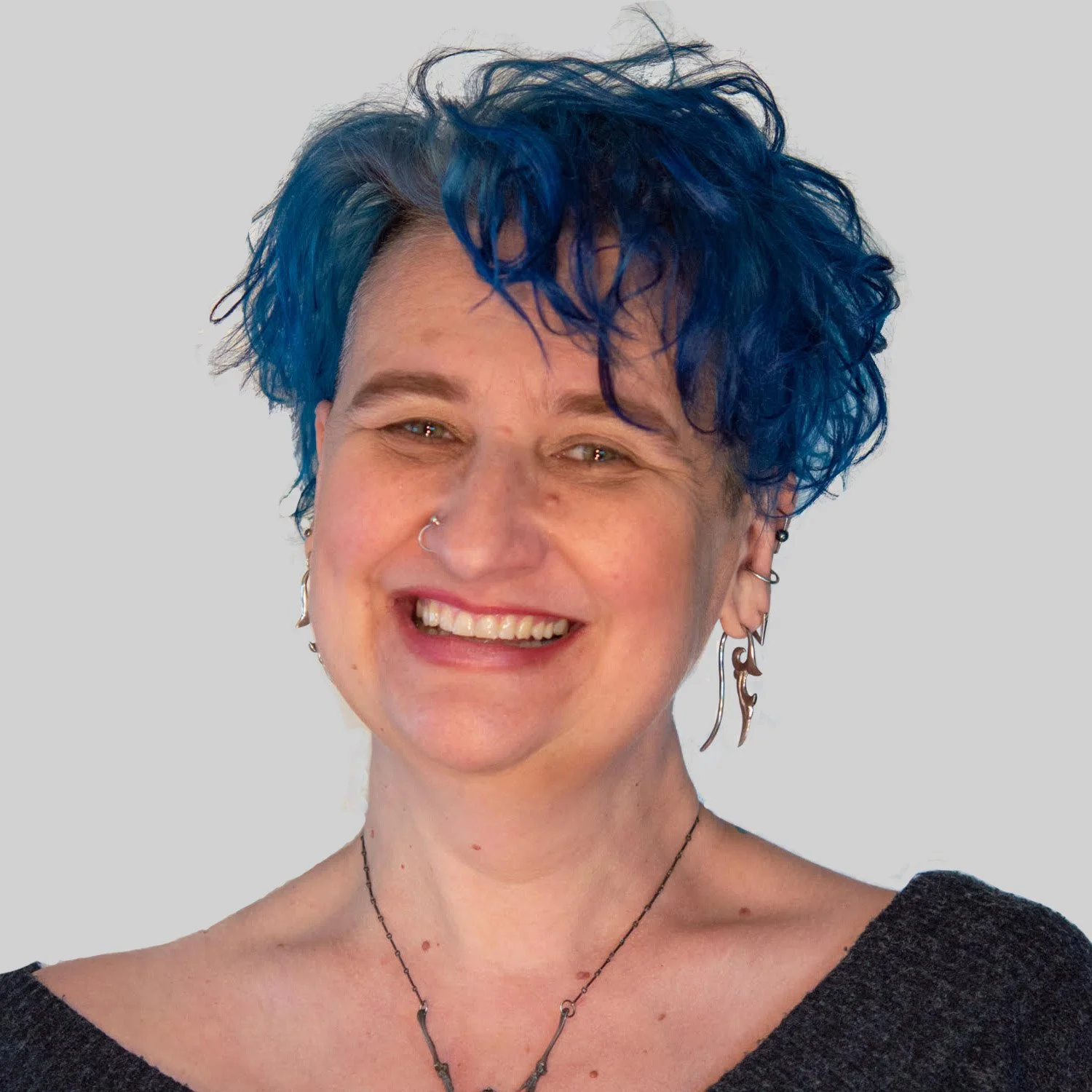Sarah Gordon
MSW, LCSW, CADC l
Licensed in The State of Oregon
Licensed Clinical Social Worker
Certified Alcohol and Drug Counselor
She/Her
I have worked extensively in therapeutic helping roles for over 17 years: in disabilities care attendance, housing advocacy and shelter work, domestic violence advocacy and crisis support, in-home and group home mental and cognitive health counseling, neurodiversity behavior support planning and counseling, LGBTQ+ counseling, mental health crisis counseling, and addictions treatment. My experience with trauma includes supporting folks with brain injury, behavior management difficulty, relationship issues, and with various expressions of PTSD or grief. I have in depth experience in the use of collaborative Behavior Support Planning, Functional Assessment, Cognitive Behavioral Therapy (CBT), Dialectical Behavior Therapy (DBT), Mindfulness Practice, Psychodynamic Therapy, relapse prevention, and compensatory strategy centered Behavior Analysis. I graduated with a Bachelor of Fine Arts degree from the California Institute of the Arts in 1994. My career as an artist has undergone many iterations as I have grown over the years, and it is still a vital part of both my life and my practice. In 2007 I received my Master of Clinical Social Work degree from College of St Catherine/University of St Thomas, Minnesota.
My basic practice frameworks are attachment theory, humanism, object relations, social learning and rational choice theories, and the non-oppressive aspects of Applied Behavior Analysis. However, my approach as a mental health practitioner is greatly influenced by my practice as an artist. I do not limit myself to any single model or way of viewing. I listen, process, and respond with your unique background, needs, and experiences in mind.
My passion is working with adults who are looking to transform how they interact with the world around them. What that looks like is a collaborative process between you and me. Being human is a constant process of responding. Whether within our communities, our birth and found families, or our relationships, our minds and experiences lead us to choose what to do, or how to move, or what to say. You know yourself and your needs best, and there are times when having some support in understanding and evaluating your responses is helpful. This is an elemental truth to any therapeutic process. My job is basically that of a spatula. Through our therapeutic relationship, you teach me how to be of use to you, and I help you to turn things over and look at them from a new perspective so you can choose the next path in your journey.

